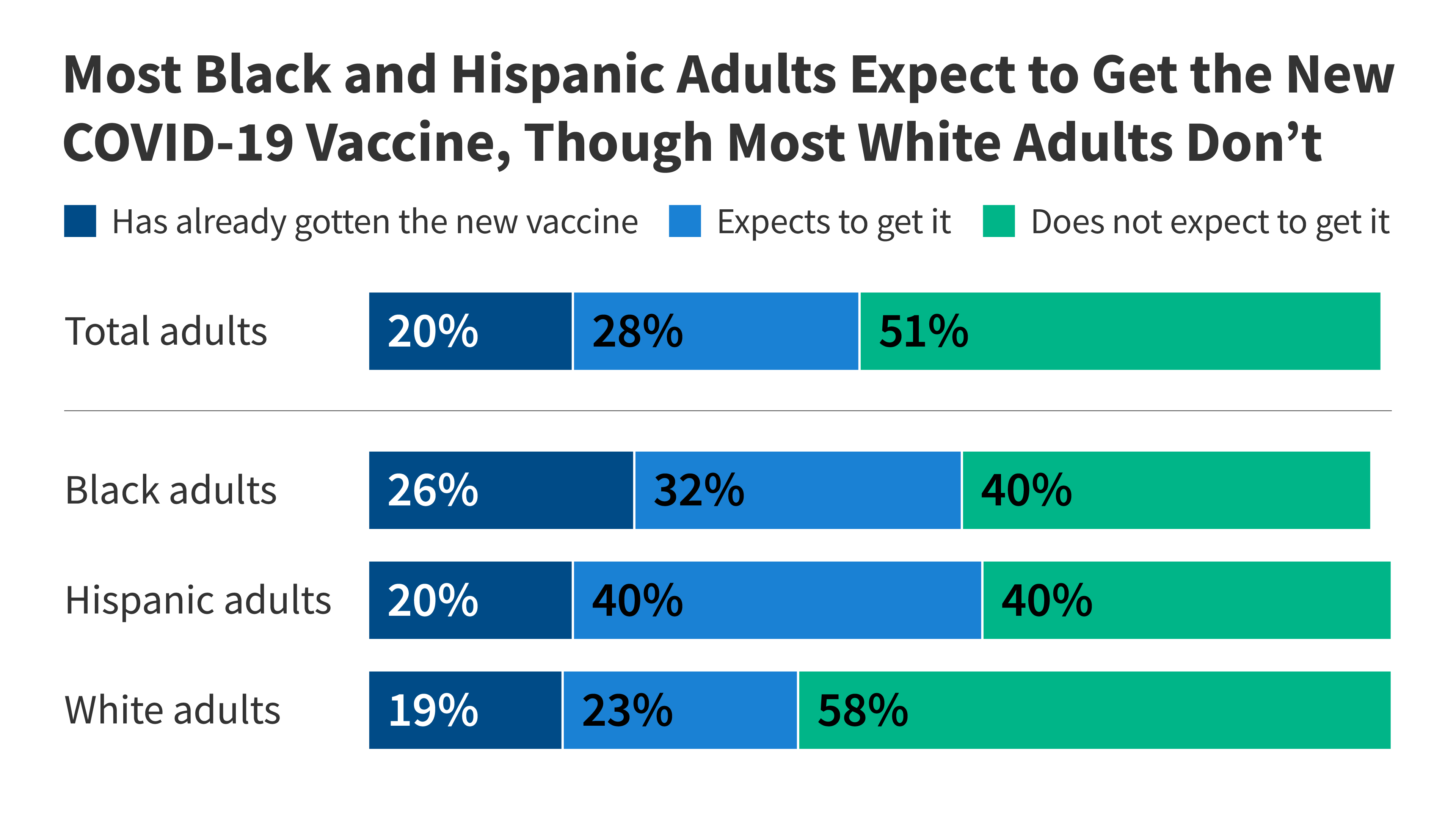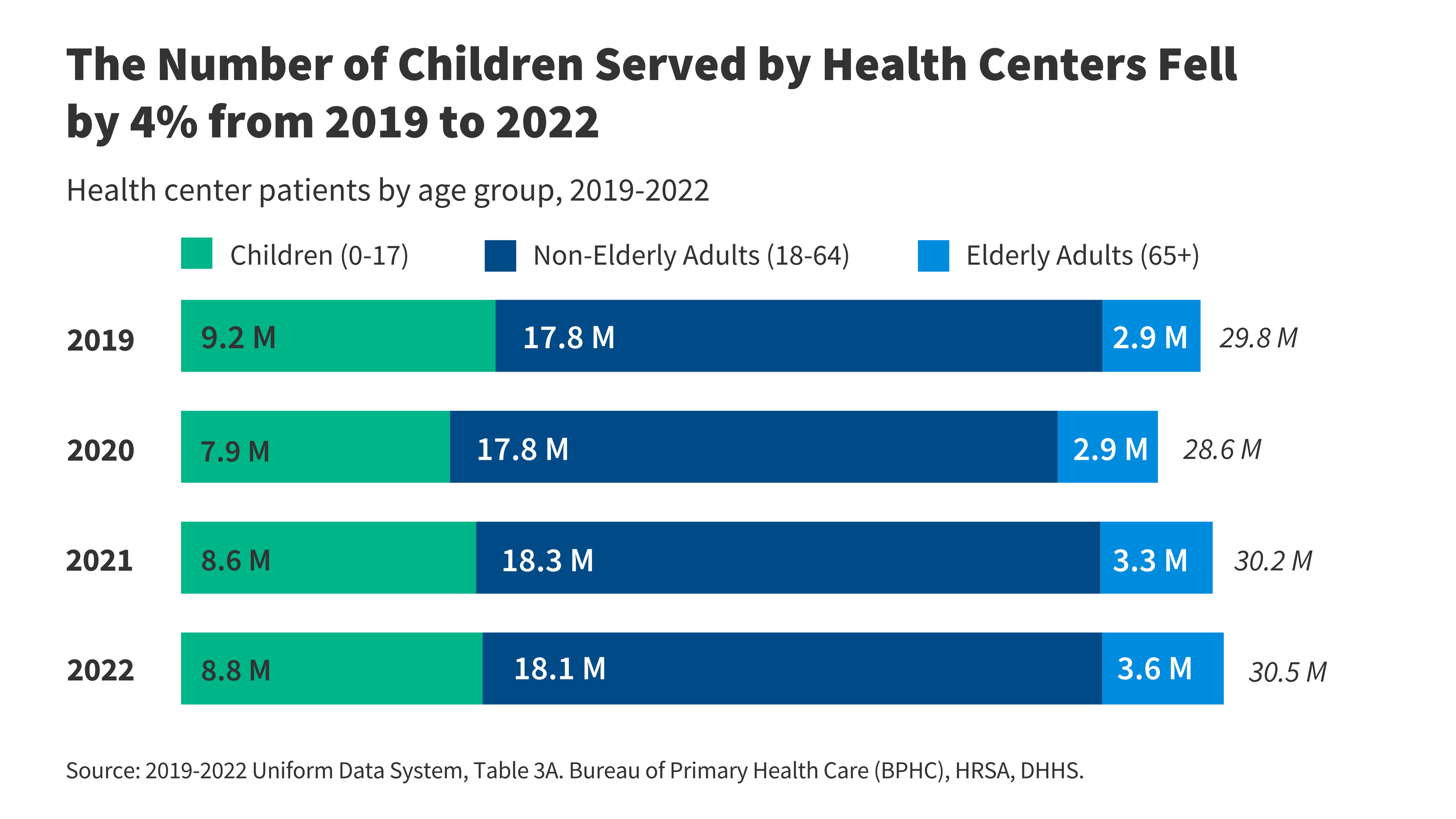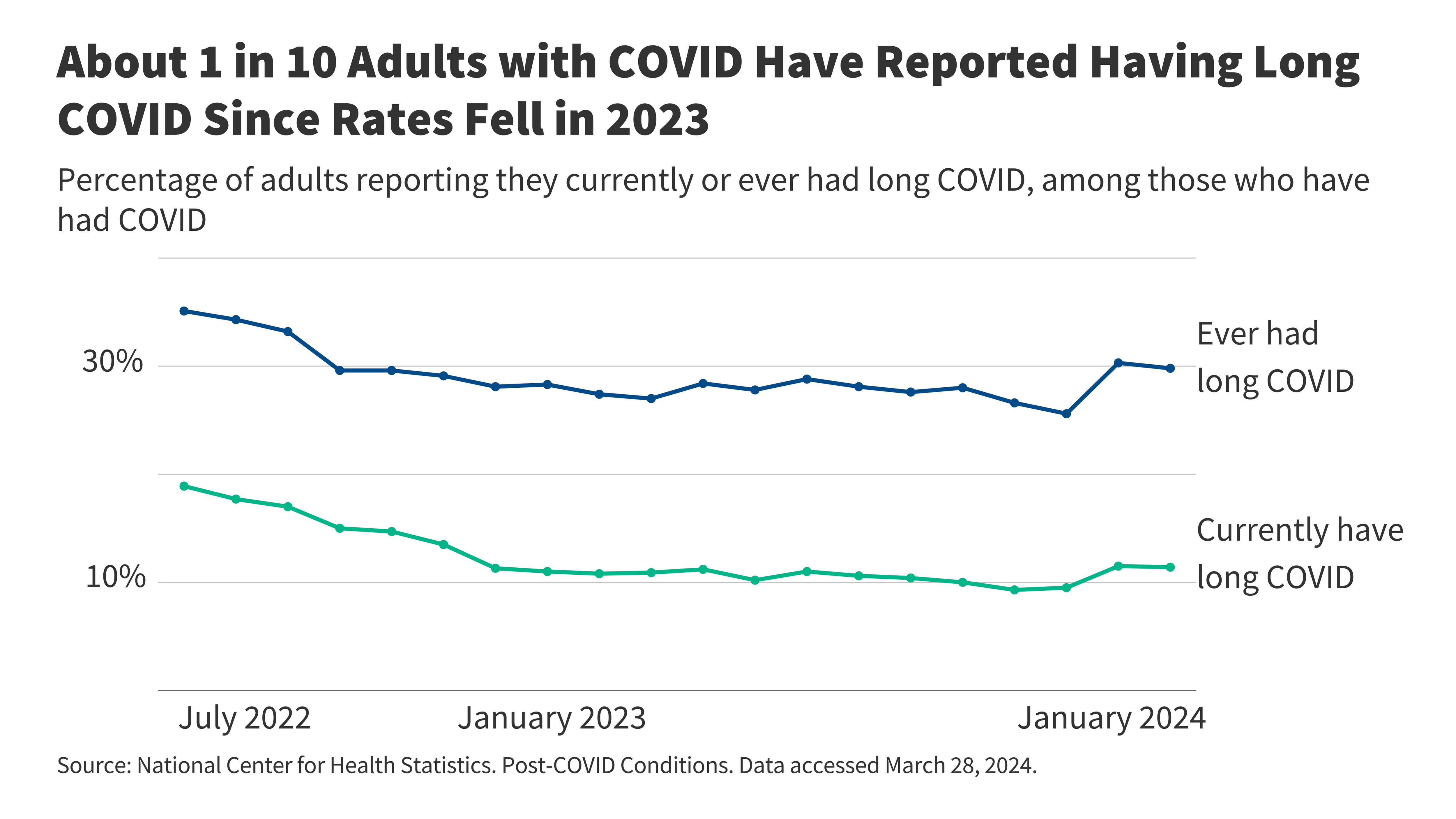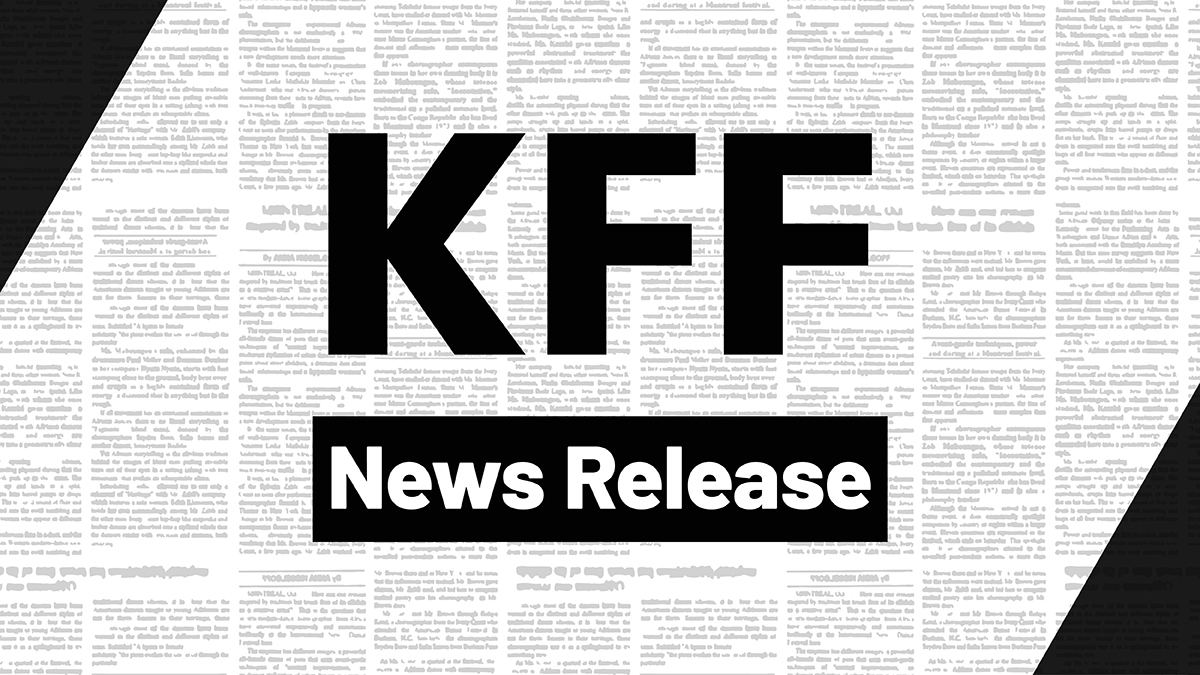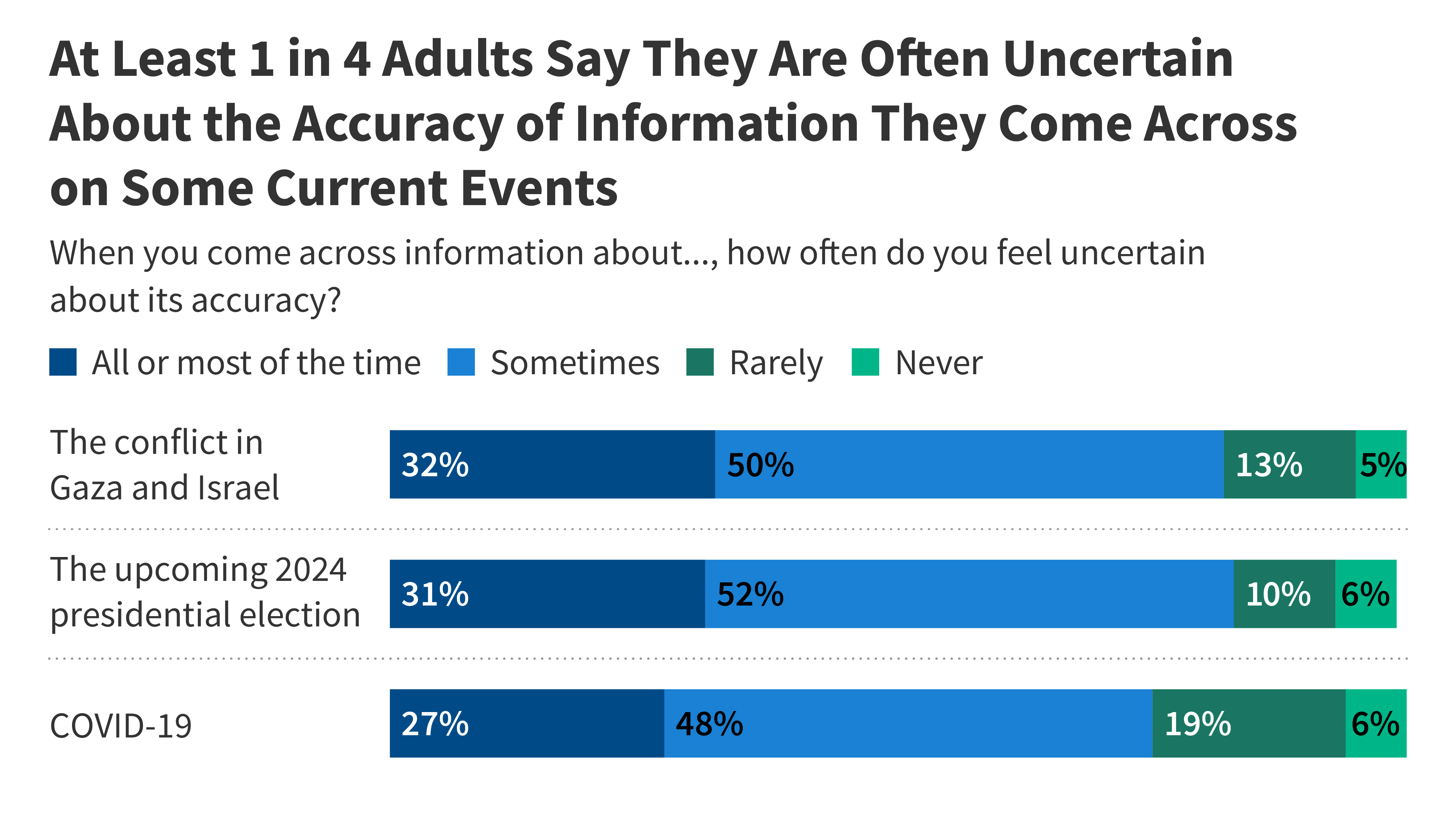Key Takeaways
The newest KFF COVID-19 Vaccine Monitor survey suggests the dearth of public concern about getting sick from COVID-19 could also be why many individuals haven’t gotten the most recent vaccine and why half of the general public will not be planning on taking precautions to restrict the unfold of the virus through the coming months.
- As the general public heads into the fourth vacation season with the virus, about half of adults say they don’t plan to get the most recent vaccine which grew to become publicly out there almost two months in the past. This contains three in ten of those that have been beforehand vaccinated. 1 / 4 of the general public say that whereas they haven’t gotten the most recent vaccine, they intend to take action.
- That leaves about two in ten adults reporting having gotten the most recent COVID-19 vaccine. In keeping with demographic variations throughout different COVID-related behaviors, uptake of the brand new vaccine is highest amongst these ages 65 and older (34%) and Democrats (32%). Smaller shares of youthful adults ages 18-29 (18%), Republicans (11%) and independents (16%) report getting the most recent vaccine. Related shares throughout racial and ethnic teams say they’ve gotten the up to date vaccine, together with 26% of Black adults, 20% of Hispanic adults, and 19% of White adults. Nevertheless, when combining the shares who’ve gotten the shot and those that intend to get it, Black adults (59%) and Hispanic adults (59%) each outpace White adults (42%).
- The newest COVID-19 Vaccine Monitor survey explores why beforehand vaccinated individuals haven’t acquired the most recent vaccine and finds reducing issues across the virus tops the record of causes. About half (52%) of those that have been beforehand vaccinated however haven’t gotten the most recent shot say lack of fear about COVID-19 is a purpose why they haven’t gotten the vaccine. Getting vaccinated can also be seemingly not the precedence it as soon as was, with many additionally saying they haven’t gotten it as a result of they’ve been too busy (37%) or that they’re ready to get it a later date (32%).
- With the upcoming winter holidays, small shares of the general public are apprehensive COVID-19 will influence their vacation plans. About three in ten are apprehensive they may unfold COVID-19 to individuals near them (31%) or that they may get significantly sick from COVID-19 (28%), and a couple of quarter (26%) fear they may get COVID-19 over the vacations. A bigger share of the general public is apprehensive about elevated hospitalizations, with nearly half (46%) saying they’re “very” or “considerably apprehensive” that there will probably be a rise in hospitalizations within the U.S. this winter.
- The general public is split on precautions this upcoming season, with half of adults saying they’re planning to take no less than one among a number of precautions to restrict the unfold of COVID this fall and winter, whereas the opposite half will not be planning to take any of the precautions requested about within the survey. The most typical precautions individuals say they plan to take are avoiding massive gatherings (35%) or sporting a masks in crowded locations (30%). Smaller shares say they’re avoiding journey this fall and winter (25%), avoiding eating indoors at eating places (19%), or taking a COVID-19 take a look at earlier than visiting with pals or household (18%). Some teams usually tend to report taking such precautions together with majorities of Black adults (72%), Hispanic adults (68%), Democrats (66%), and simply over half (53%) of vaccinated adults.
The Newest COVID-19 Vaccine Uptake And Intentions
The November KFF COVID-19 Vaccine Monitor investigates uptake for the brand new, up to date COVID-19 vaccine, which has been advisable by the CDC for individuals ages 6 months and older. Two months after the vaccine grew to become out there, about half of adults say they’ve gotten or will get the shot, however one other half say they received’t get the most recent shot and a 3rd appear steadfast in that call.
One in 5 (20%) adults now say they’ve acquired the brand new, up to date COVID-19 vaccine that grew to become out there in September. An extra one in 4 adults say they may “positively get” (13%) or “most likely get” (15%) the up to date shot. In keeping with demographic variations throughout different COVID-related behaviors, uptake is highest amongst these ages 65 and older (34%) and Democrats (32%). That is significant on condition that these ages 65 and older are extra susceptible to COVID-19, as they’re extra prone to get significantly sick and expertise issues that might lead to hospitalization. That is compared to smaller shares of youthful adults ages 18-29 (18%), Republicans (12%) and independents (16%) who report getting the most recent vaccine. Related shares throughout racial and ethnic teams report having gotten the up to date vaccine, together with 26% of Black adults, 20% of Hispanic adults, and 19% of White adults. Nevertheless, when combining the shares who’ve gotten the shot and those that intend to get it, Black adults (59%) and Hispanic adults (59%) each outpace White adults (42%).
Uptake of the latest vaccine matches intently to uptake of the up to date bivalent booster measured in December 2022, simply after the up to date bivalent COVID-19 booster had develop into out there to be used. About two in ten adults stated that they had acquired the booster dose (22%).
One in three (34%) adults say they may “positively not” get the brand new COVID-19 vaccine, and one other 17% say they may “most likely not” get the vaccine. The share who say they “most likely” or “positively” received’t get the brand new COVID-19 vaccination has remained unchanged from the September COVID-19 Vaccine Monitor, which was fielded instantly previous to when the vaccine grew to become out there.
Majorities of those that have by no means acquired any COVID-19 vaccine (94%), Republicans (77%), independents (59%), those that stay in rural areas (65%), White adults (58%), and people below the age of 65 (55%) proceed to say they won’t get the up to date COVID-19 vaccine.
The survey finds that partisanship is continuous to play an outsized position in vaccine attitudes. Whereas almost six in ten White adults say they don’t plan to get the brand new vaccine, this will increase to eight in ten amongst White adults who self-identify as Republicans. That is greater than twice the share of White adults who’re Democrats (29%) who say they may both “positively not” or “most likely not” get the vaccine. In actual fact, three in ten (31%) White adults who’re Democrats have already gotten the brand new vaccine, in comparison with 11% of their Republican counterparts.
Most adults (79%) say they’ve heard no less than “just a little” in regards to the up to date COVID-19 vaccine, with one in 5 (22%) saying they’ve heard “quite a bit.” A small share (21%) say they’ve heard “nothing in any respect” in regards to the up to date vaccine.
Consciousness is excessive throughout demographic teams, together with the overwhelming majority (92%) of adults ages 65 and older who’ve heard no less than “just a little” in regards to the up to date vaccine in comparison with a considerably smaller share, however nonetheless a majority, of youthful adults, together with six in ten of these ages 18 to 29. Bigger shares of Democrats are additionally extra conscious of the vaccine, with 86% who’ve heard no less than “just a little” in comparison with three-quarters (74%) of Republicans.
With most individuals conscious of the most recent vaccine, many, together with massive shares of beforehand vaccinated adults, haven’t but acquired the up to date shot and a few don’t plan to. About six in ten (58%) adults are beforehand vaccinated and have but to get the up to date vaccine. This group is roughly divided between individuals who say they may get the vaccine and those that say they don’t seem to be planning to get the most recent shot. The newest COVID-19 Vaccine Monitor survey explores why this group of beforehand vaccinated individuals haven’t gotten the most recent dose.
Round half of adults (47%) have each beforehand acquired a COVID-19 vaccine and in addition say they may get or have already gotten the up to date vaccine. Then again, one in 5 (20%) adults are beforehand unvaccinated and say they won’t get the up to date vaccine. That leaves three in ten (31%) who’ve beforehand been vaccinated however now say they may not get the up to date shot.
Greater than 4 in ten Republicans (43%) and one in three independents (35%) say they’re beforehand vaccinated however received’t get the up to date shot, in comparison with 19% of Democrats. A bigger share of White adults (34%) additionally report being beforehand vaccinated however not planning on getting the most recent shot in comparison with Black adults (20%). Round 1 / 4 of Hispanic adults (26%) are beforehand vaccinated however now don’t plan to get the most recent vaccine.
Lowering Considerations About COVID prime The Causes for Not Getting the Newest Vaccine
In 2021, KFF surveys analyzing preliminary vaccine rollout discovered that issues about vaccine security have been the driving purpose why individuals didn’t get vaccine. At the same time as these issues dissipated amongst many of the public, a small share of the general public remained steadfast and by no means acquired a COVID-19 vaccine. But, subsequent booster by no means reached the identical uptake ranges as seen within the preliminary vaccine rollout. And because the nation enters its fourth yr of COVID-19 issues, it seems this pattern continues.
When requested a couple of sequence of causes that might clarify why individuals are not getting the most recent vaccine, not worrying about getting COVID-19 tops the record. About half (52%) of those that have been beforehand vaccinated say lack of fear about COVID-19 is no less than a minor purpose why they haven’t gotten the vaccine, together with 1 / 4 who say it’s a “main purpose.” Getting vaccinated may not be a precedence for some with round 4 in ten (37%) saying being too busy is no less than a minor purpose why they haven’t gotten it but, and one other third saying they’re ready to get it a later date. Experiences from earlier doses may be retaining individuals from getting the brand new vaccine with a couple of quarter saying that unhealthy unwanted effects from a earlier COVID-19 vaccine dose is a purpose why they haven’t gotten the brand new vaccine.
Small shares say there are different obstacles to getting the vaccine together with 16% who say they can’t take the break day work and 13% who say they haven’t been in a position to get an appointment. One in ten (11%) say their physician informed them to attend or to to not get the up to date vaccine.
Amongst Hispanic adults who have been beforehand vaccinated however haven’t gotten the brand new shot, about half (55%) say they aren’t apprehensive about getting COVID-19, they’re too busy (51%), or they’re ready to get it at a later date (48%). As well as, a 3rd (35%) of Hispanic adults in addition to 1 / 4 (22%) of Black adults cite not having the ability to take break day work, in comparison with only one in ten (9%) White adults.
Democrats’ prime causes for not getting the up to date COVID-19 vaccine suggests there’ll possible nonetheless be further uptake on this group, whereas Republicans’ prime causes could point out extra resistance to the most recent vaccine. Amongst those that have been beforehand vaccinated however haven’t gotten the brand new shot, half of Democrats (49%) say being too busy is a “main” or “minor” purpose they haven’t gotten the up to date vaccine but, in comparison with 22% of Republicans and 35% of independents. Then again, two-thirds of Republicans (66%) and greater than half of independents (57%) say not worrying about getting COVID is no less than a minor purpose why they haven’t gotten the up to date vaccine, in comparison with a 3rd of Democrats (35%).
Half Of The Public Says COVID-19 Isn’t Altering Their Vacation Plans
With fall and winter holidays developing, the opportunity of an extra wave of COVID-19 infections is looming with elevated indoor gatherings and time with family and friends. But, many of the public just isn’t apprehensive about spreading or catching COVID-19 over the approaching months. About three in ten adults are apprehensive they may unfold COVID-19 to individuals near them (31%) or they may get significantly sick from COVID-19 (28%), and a couple of quarter (26%) are apprehensive they may get COVID-19 over the vacations. A bigger share of the general public is apprehensive about elevated hospitalizations, with nearly half (46%) saying they’re “very” or “considerably apprehensive” that there will probably be a rise in hospitalizations within the U.S. this winter.
Older adults will not be extra apprehensive than youthful adults in regards to the unfold of COVID-19 this vacation season aside from issues about will increase in circumstances and hospitalizations. Round half (53%) of adults ages 65 and older say they’re apprehensive that there will probably be a rise in COVID-19 circumstances and hospitalizations this winter, in comparison with smaller shares (44%) of these below the age of 65.
Across the similar share say they’re “very” or “considerably apprehensive” about a rise in COVID-19 circumstances and hospitalizations this winter as have been in December of final yr when there was an identical uptick in COVID-19 circumstances.
Precautions In opposition to COVID-19
Along with not worrying about COVID-19 through the upcoming holidays, the general public is split on precautions, with half of adults saying they aren’t planning to take any of the precautions requested about within the survey, whereas the opposite half report they plan to take no less than one precaution this fall and winter. The most typical precautions individuals stated they deliberate to take have been avoiding massive gatherings (35%) or sporting a masks in crowded locations (30%). Smaller shares say they’re avoiding journey this fall and winter as a precaution in opposition to COVID-19 (25%), avoiding eating indoors at eating places (19%), or taking a COVID-19 take a look at earlier than visiting with pals or household (18%).
The share who say they plan to take precautions to restrict the unfold of COVID is much like the share of the general public who stated they have been taking precautions due to the “tripledemic” again in January of this yr. Again then, about half (46%) of adults stated the information of COVID-19, RSV, and the flu spreading that winter had made them extra prone to take a precaution, together with three in ten (31%) who stated they have been extra prone to put on a masks in public and 1 / 4 (26%) who have been extra prone to keep away from massive gatherings.
Whereas 4 in ten (39%) White adults say they may take no less than one precaution, majorities of Black adults (72%) and Hispanic adults (68%) report they’re planning to take any of the precautions talked about.
Equally, partisanship and former vaccine uptake proceed to be sturdy predictors of whether or not individuals plan to take precautions to restrict the unfold of the virus. Two thirds (66%) of Democrats and half (48%) of independents say they plan to take no less than one precaution, in comparison with three in ten (29%) Republicans who say the identical. Simply over half (53%) of vaccinated adults say they’re taking any of the precautions, in comparison with 4 in ten (39%) unvaccinated adults.
Related shares of youthful and older adults report that they are going to be taking no less than one precaution through the fall and winter. Nevertheless, 4 in ten (41%) adults ages 65 and older say they plan to keep away from massive gatherings, in comparison with a 3rd (33%) of these below the age of 65. Whereas youthful adults are much less prone to say they may keep away from massive gatherings, bigger shares of youthful adults say they may take a take a look at for COVID-19 earlier than spending time with pals of household, with 21% who say so (together with 25% of these ages 18-29), in comparison with one in ten (10%) of these ages 65 and older.

